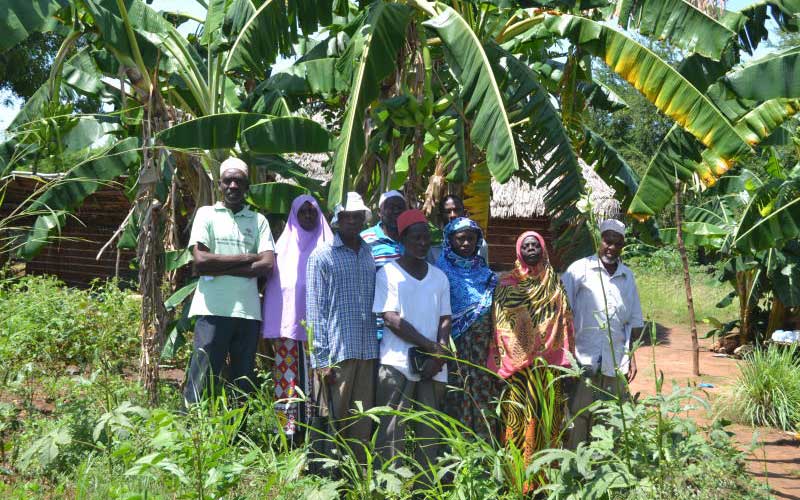×
The Standard e-Paper
Stay Informed, Even Offline

Ashura Shehe Boi, 41, has been struggling to take care of her seven siblings following the death of their mother in 2013 from a stroke she suffered when her house was razed and the family evicted from its ancestral land.
A few kilometres away from her home, there are graves of Juma Gomba and Juma Zaidi, who it is alleged were arrested, tortured and died for opposing eviction of their families.